Related Research Articles
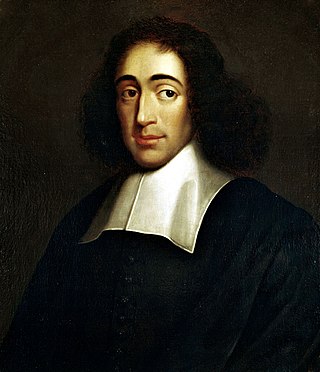
Baruch (de) Spinoza, also known under his Latinized pen name Benedictus de Spinoza, was a philosopher of Portuguese-Jewish origin. A forerunner of the Age of Enlightenment, Spinoza significantly influenced modern biblical criticism, 17th-century rationalism, and Dutch intellectual culture, establishing himself as one of the most important and radical philosophers of the early modern period. Influenced by Stoicism, Thomas Hobbes, René Descartes, Ibn Tufayl, and heterodox Christians, Spinoza was a leading philosopher of the Dutch Golden Age.
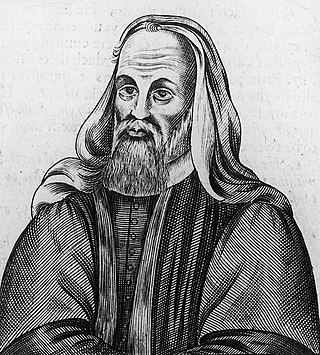
Pelagianism is a Christian theological position that holds that the fall did not taint human nature and that humans by divine grace have free will to achieve human perfection. Pelagius, an ascetic and philosopher from the British Isles, taught that God could not command believers to do the impossible, and therefore it must be possible to satisfy all divine commandments. He also taught that it was unjust to punish one person for the sins of another; therefore, infants are born blameless. Pelagius accepted no excuse for sinful behaviour and taught that all Christians, regardless of their station in life, should live unimpeachable, sinless lives.

Bryan Douglas Caplan is an American economist and author. He is a professor of economics at George Mason University, a senior research fellow at the Mercatus Center, an adjunct scholar at the Cato Institute, and a former contributor to the Freakonomics blog and EconLog. He currently publishes his own blog, Bet on It. Caplan is a self-described "economic libertarian". The bulk of Caplan's academic work is in behavioral economics and public economics, especially public choice theory.
Mimesis is a term used in literary criticism and philosophy that carries a wide range of meanings, including imitatio, imitation, nonsensuous similarity, receptivity, representation, mimicry, the act of expression, the act of resembling, and the presentation of the self.
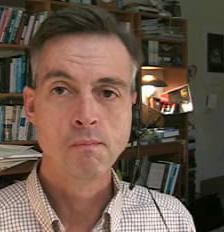
Robert Wright is an American author and journalist known for his wide-ranging interests in philosophy, society, science, history, politics, international relations, and religion. He has published five books: Three Scientists and Their Gods: Looking for Meaning in an Age of Information (1988), The Moral Animal (1994), Nonzero: The Logic of Human Destiny (1999), The Evolution of God (2009), and Why Buddhism is True (2017). Wright has taught at Princeton University and the University of Pennsylvania; more recently, in 2019 he was Visiting Professor of Science and Religion at Union Theological Seminary, New York.

Walter Arnold Kaufmann was a German-American philosopher, translator, and poet. A prolific author, he wrote extensively on a broad range of subjects, such as authenticity and death, moral philosophy and existentialism, theism and atheism, Christianity and Judaism, as well as philosophy and literature. He served more than 30 years as a professor at Princeton University.
Burton W. Folsom Jr. is an American historian and author who held the Charles F. Kline chair in history and management at Hillsdale College from 2003 until his retirement in December 2016.
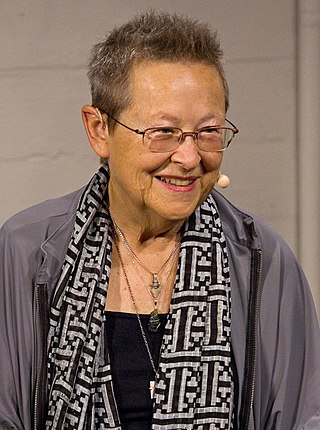
Adrienne Mayor is a historian of ancient science and a classical folklorist.
James Bennett Stewart is an American lawyer, journalist, and author.
Richard Miniter is an American investigative journalist and author whose articles have appeared in Politico, The New York Times, The Washington Times, The Washington Post, The Wall Street Journal, The Atlantic Monthly, Newsweek, The New Republic, National Review, PJ Media, and Reader’s Digest. A former editorial writer and columnist for The Wall Street Journal in Europe, as well as a member of the investigative reporting team of the Sunday Times of London, he is currently the National Security columnist for Forbes. He also authored three New York Times best-selling books, Losing bin Laden, Shadow War, Leading From Behind, and most recently Eyes On Target. In April 2014, Miniter was included by CSPAN's Brian Lamb in his book Sundays At Eight, as one of Lamb's top 40 book author interviews of the past 25 years for Miniter's investigative work on 9/11 mastermind Khalid Shaikh Mohammed.

Paula Fredriksen is an American historian and scholar of early Christianity. She held the position of William Goodwin Aurelio Professor of Scripture at Boston University from 1990 to 2010. Now emerita, she has been distinguished visiting professor in the Department of Comparative Religion at the Hebrew University of Jerusalem, since 2009.
Brian Reynolds Myers, usually cited as B. R. Myers, is an American professor of international studies at Dongseo University in Busan, South Korea, best known for his writings on North Korean propaganda. He is a contributing editor for The Atlantic and an opinion columnist for The New York Times and The Wall Street Journal. Myers is the author of Han Sǒrya and North Korean Literature, A Reader's Manifesto, The Cleanest Race, and North Korea's Juche Myth.
Steven Mitchell Nadler is an American/Canadian academic and philosopher specializing in 17th-century philosophy. He is Vilas Research Professor and the William H. Hay II Professor of Philosophy, and was Max and Frieda Weinstein-Bascom Professor of Jewish Studies at the University of Wisconsin–Madison. He is also director of their Institute for Research in the Humanities.
Matthew E. Kahn is a leading American educator in the field of environmental economics. He is the Provost Professor of Economics at the University of Southern California. Between 2019 and 2021, he served on the faculty of Johns Hopkins University as a Bloomberg Distinguished Professor of Economics and Business, with appointments at both Carey Business School and Zanvyl Krieger School of Arts and Sciences.

Trevor Corson is a book author, magazine journalist and essayist, editor, and teacher. He is the author of the books The Secret Life of Lobsters and The Story of Sushi. He has written about a wide range of topics for The New York Times, The Wall Street Journal, the Los Angeles Times, The Boston Globe, The Atlantic Monthly, The American Prospect, The Nation and other publications.
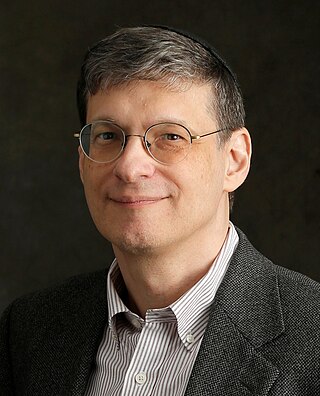
Yoram Reuben Hazony is an Israeli-American philosopher, Bible scholar, and political theorist. He is president of the Herzl Institute in Jerusalem and serves as the chairman of the Edmund Burke Foundation. He has argued for national conservatism in his 2018 book The Virtue of Nationalism and 2022's Conservatism: A Rediscovery.
Christopher S. Stewart is an American author and investigative reporter for The Wall Street Journal, which he joined in 2011. In 2015, he won the Pulitzer Prize for Investigative reporting with several colleagues for a series of articles exposing abuses in the Medicare system.
Charles Taliaferro is an American philosopher specializing in theology and philosophy of religion.

Kevin Michael Kruse is an American historian and a professor of history at Princeton University. His research interests include the political, social, and urban/suburban history of 20th-century America, with a particular focus on the making of modern conservatism. Outside of academia, Kruse has attracted substantial attention and following for his Twitter threads where he provides historical context for and applies historical research to current political events.
Boris Groysberg is an American academic. He is the Richard P. Chapman Professor of Business Administration at Harvard Business School.
References
- ↑ "About - Matthew Stewart". mwstewart.com. Retrieved 16 May 2018.
- ↑ Stewart, Matthew. "The Management Myth" . Retrieved 16 May 2018.